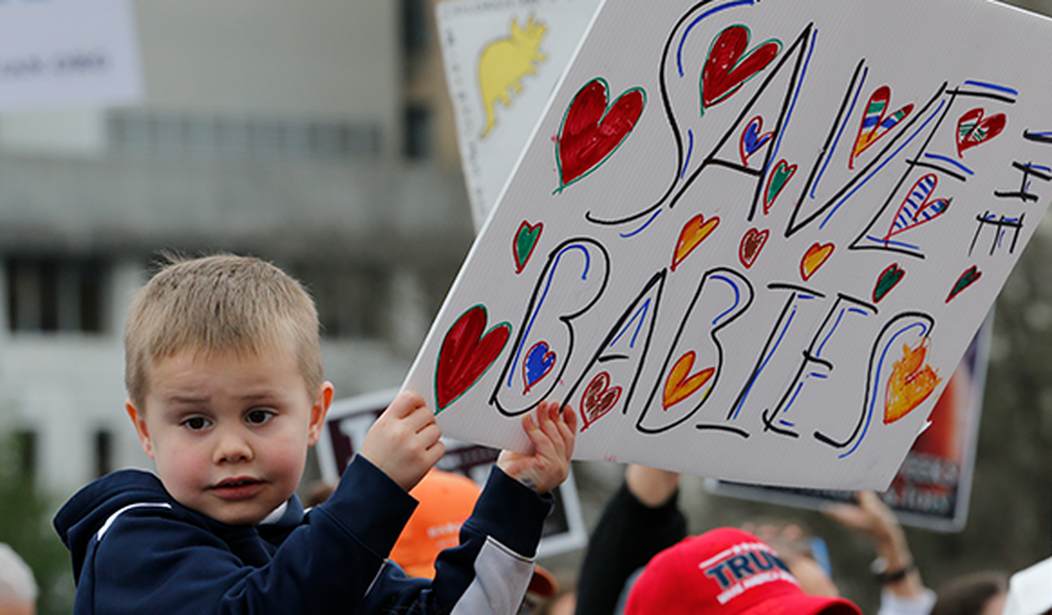On Thursday, the Texas Supreme Court heard oral arguments in the ongoing legal challenge against the state's ban on abortion after six weeks.
The law, S.B. 8, bans abortions in the state after fetal heartbeat detection, which occurs around six weeks gestation. In addition, citizens can pursue legal action against anyone providing an illegal abortion and anyone who “aids or abets” an illegal abortion. Those who successfully bring lawsuits under S.B. 8 can receive $10,000.
Austin-based outlet KXAN reported that the Thursday hearing discussed the issue of whether or not government entities are authorized to enforce the law.
“SB8 prohibits the abortion of a child with a beating heart, the legislature has directed that no enforcement may be taken or threatened by the state. If a state official revoked a doctor’s license as a consequence of violating SB8, any ordinary individual would describe that as enforcement,” said Judd E. Stone II, Office of Solicitor General, who represents the appellant, KXAN reported.
Stone also said during court that the Texas lawmakers who created the law wrote it to “preclude federal pre-enforcement challenges.”
Marc Herron, a representative from the pro-abortion Center for Reproductive Rights argued in court that government officials could use other laws that “regulate or prohibit” abortion in response to S.B. 8. This has made abortion providers fear whether or not other entities, such as the state medical board, could file a lawsuit against them.
“In other words, using some other vehicle not specific to abortion to bring a lawsuit,” KXAN clarified.
In December, the U.S. Supreme Court allowed S.B. 8 to remain in place after two lawsuits, including one brought forth by the Justice Department, challenged the law. The Court struck down the DOJ’s lawsuit and returned the other case, Whole Woman’s Health v. Jackson, back to a federal appeals court. It’s since made its way to the Texas Supreme Court.
Recommended
Following the hearing, those from the Center for Reproductive Rights reportedly held a conference to discuss the impact of S.B. 8 since it took effect six months ago.
Earlier this month, I reported how a new study showed that abortions in Texas fell 60 percent in the first month after the state’s “heartbeat” law took effect last September.
Reportedly, 2,200 abortions were recorded in Texas in September, right after S.B. 8 took effect. Data published by the Texas Health and Himan Services Commission showed that there was more than 5,400 abortions in the state in August.
Since the enactment of S.B. 8, several other states, such as South Dakota, Arizona, Florida, and Ohio, have moved forward on legislation aimed at protecting unborn lives.

























Join the conversation as a VIP Member